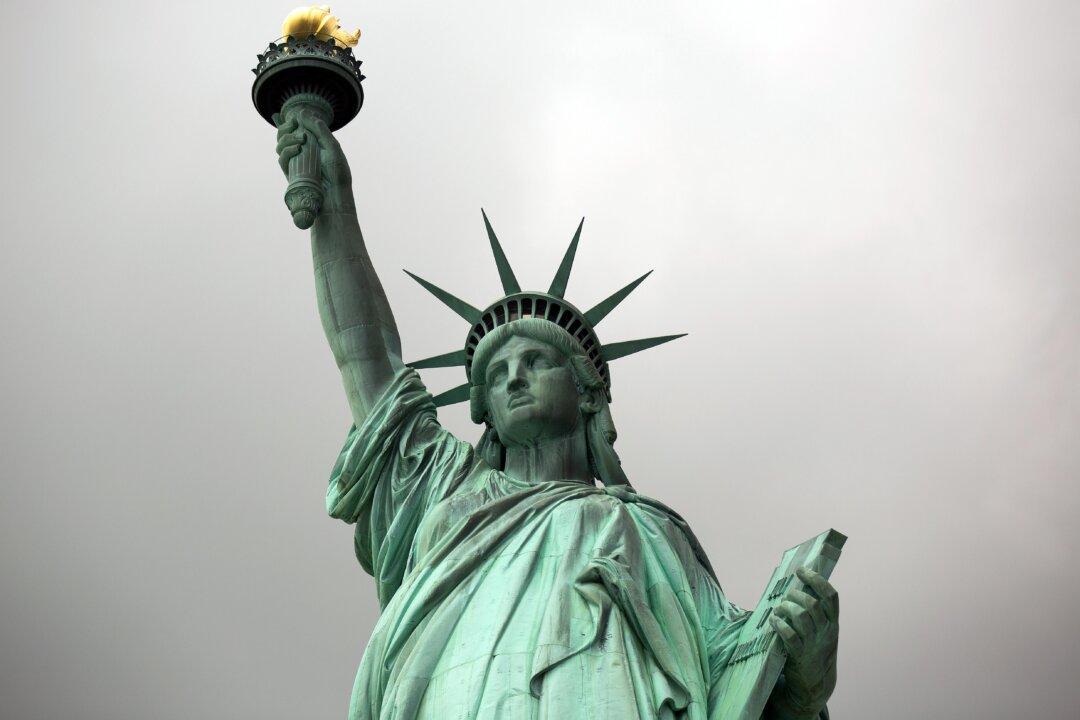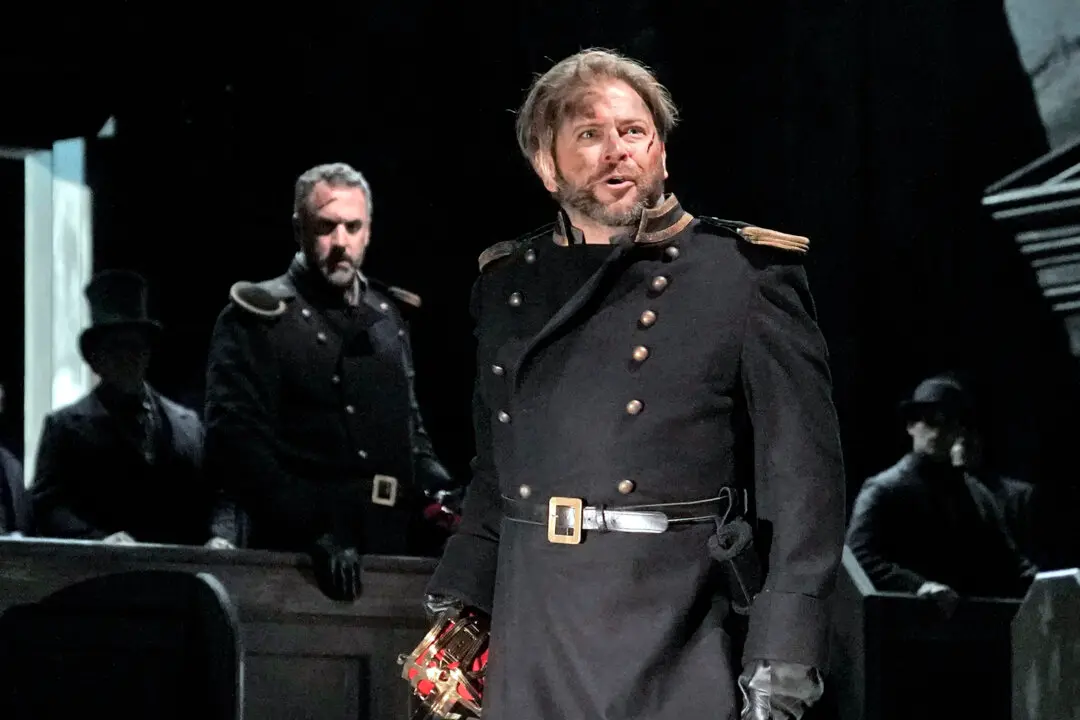Americans of every political party, religion, and ethnic background spend countless hours speculating about what has happened to our society. Whether in conversation, on social media, reading articles, or just wondering to ourselves, we can’t avoid the topic of general societal decline in the United States and, if you ask me, the rest of the world. People with different belief systems will identify different problems, of course, but I think we all can agree that there’s something very wrong with people today, especially the younger generation. It’s nothing new for older citizens to complain about “kids these days,” but the difference with this generation is that the young people aren’t being guided by mature, wise elders, especially fathers.
Film & TV
Opinion
Moments of Movie Wisdom: Folly of Taking Liberty for Granted in ‘Andy Hardy Meets Debutante’ (1940)

A view of the Statue of Liberty in New York Harbor on Aug. 8, 2017. Drew Angerer/Getty Images
Commentary




